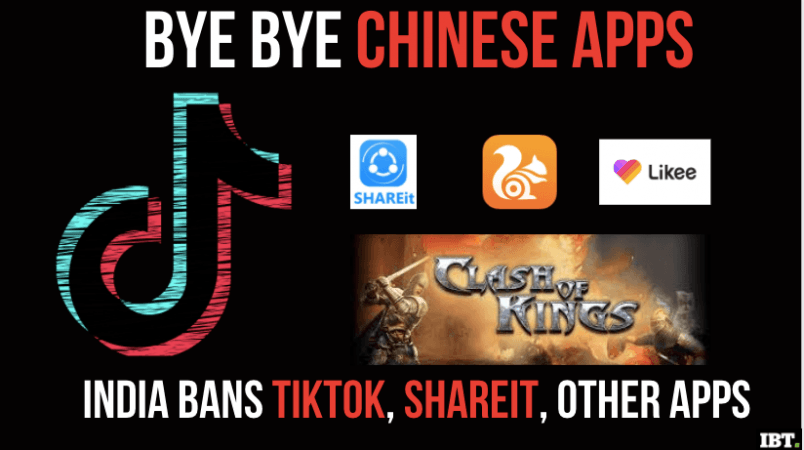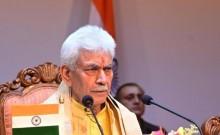With the government of India banning TikTok among other Chinese applications, as many as 2,000 Indian employees of the ByteDance-owned video-sharing service are now uncertain about their jobs. To address their growing concerns, TikTok CEO Kevin Mayer will speak with them on Wednesday, July 1, a media report said.
In a statement issued shortly after the announcement of the ban, TikTok's India head Nikhil Gandhi said that the company has been invited to meet with government officials "to respond and submit clarifications". Gandhi also got in touch with the distressed employees and assured them that their jobs are secure as of now.

TikTok CEO to address doubts of Indian employees
According to a report in Business Today, Kevin Mayer, who took charge as the CEO of TikTok in June 2020, will be engaging with the Indian employees and is expected to clear their doubts for the time being. Mayer is also the COO of TikTok's parent company ByteDance, which is based in Beijing.
TikTok had nearly 119 million active users in India and was among the top 10 apps on Google Play Store and Apple App Store. The short-video making app has now been removed from both the platforms and is not available to download in India anymore.
The Centre on Monday, June 29, banned 59 popular Chinese mobile applications including TikTok, SHAREit, Helo, WeChat, UC Browser and Xiaomi's Mi Community over national security concerns as India-China bilateral relations remain strained after the death of 20 Indian soldiers in the Galwan Valley clash with Chinese PLA troops.

China's response to the ban
In a response to the ban imposed by the Indian government, China's Foreign Ministry spokesman Zhao Lijian told reporters in Beijing, "China is strongly concerned about the relevant notice issued by the Indian side. We are checking on and verifying the situation."
"We want to stress that the Chinese government always asks the Chinese businesses to abide by international and local laws and regulations," Zhao said, adding that India also has a responsibility to uphold the rights of Chinese businesses.
"The practical cooperation between China and India is actually mutually beneficial and win-win," he said.














